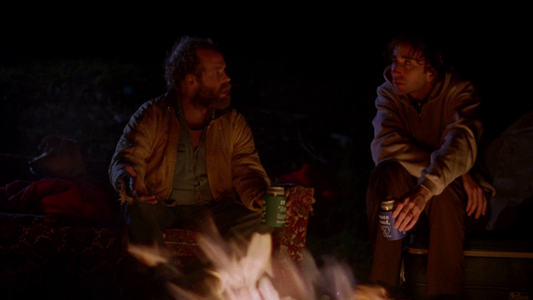 Kelly Reichardt's Old Joy tells the story of Kurt and Mark, two old friends who reunite for a weekend camping trip in the Cascade mountains east of Portland Oregon. For Mark, the weekend offers a reprieve from the pressure of becoming a father in the near future, while for Kirk, it's just the latest in another long string of directionless adventures. Old Joy is a minimalist exploration of two souls that have found themselves pulled apart due to the passing of time. With Old Joy there is no major moment of conflict, nor an inciting incident, but make no mistake, the film is draped in Drama. What Reichardt has created with Old Joy is a spiritual, meditative study of two life long friends who are headed down different paths. Using her typical less-is-more style, Reichardt uses a nuanced approach to show how Mark has grown somewhat tired of Kurt's aimless lifestyle, being a man whose intimidated but ultimately ready to settle down and start a family. The scene towards the end of the film couldn't more perfectly encapsulate Reichardt's approach, as our two protagonists arrive at a hot springs, their final destination on their weekend adventure. Barely a word is spoken throughout the entire sequence, yet it becomes clear that the two characters are working through the unspoken tensions of their varying lifestyles, with Kurt placing his hands on Mark's shoulders, being a symbolic act of forgiveness and mourning that simultaneously represents an ending to the close relationship they had in the past. Touching on friendship, alienation, and the effect of time on ourselves and others, Kelly Reichardt's Old Joy is an impressive early effort from the filmmaker, showcasing her ability to capture drama and conflict in such a nuanced and subtle way.
0 Comments
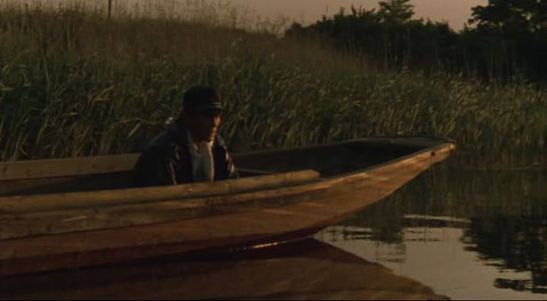 On his way home from work, Yamashita, a successful businessman, receives a mysterious phone call about his wife's infidelity. Yamashita doesn't know what to think, but he does decide to return home earlier than usual that night to investigate. On arrival, he discovers his wife in bed with another man and in an act of rage he murders her in cold blood. After eight years in prison, Yamashita is released and put on probation, returning home to his small village town where he opens up a barbershop. One day he stumbles accross an unconscious woman in Keiko, who bares a striking resemblance to his wife. Unconscious due to a botched suicide attempt, Yamashita alerts the authorities, who are able to save Keiko's life. Soon enough, Keiko begins working in Yamashita's barber shop, even beginning to fall in love with Yamashita, who tries as hard as he can to keep her at a distance. Shohei Imamura's The Eel is a difficult film to categorize, a tonially-shifting exploration of self-forgiveness and self-acceptance that is deeply lyrical, imaginative, funny and emotionally resonant. While their have been many films dealing witha recently paroled men looking for a second chance, Shohei Imamura's The Eel is endlessly more fascinating than most due to it being largly an internal film that focuses on Yamashita's inner-self more than societies acceptance. Imamura's expressionistic style on aids this film, with a host of artistic decisions that speak volumes about what the characters are feeling. My particular favorite decision Shohei Imamura made centers around the scene where out of desperation, Yamashita tells Keiko that he was in jail for murdering his wife. Yamashita is shameful but also attempting to force her away. As Yamashita reveals that he lied about simply being divorced, Imamura lights the scene with this bright spotlight that illuminates the frame, signifying a powerful moment that hits Keiko emotionally like a ton of bricks, letting it soak in. The Eel is about a man attempting to move forward and begin anew, fearful of falling in love with another woman and not trusting himself as a decent human being. In summary, Shohei Imamura's The Eel explores a man's internal struggle to forgive himself but it's also full of silly and funny moments, with Imamura making fun of his characters as he exposes who they are as human beings. 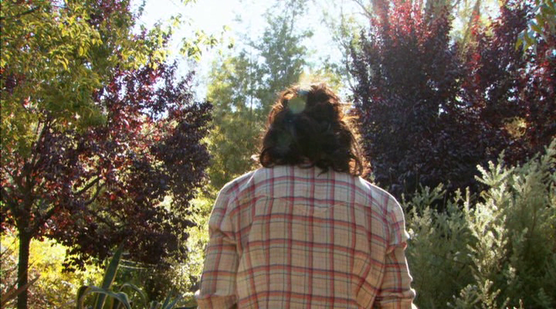 Maya, a 30-something adult female, has hit a crossroads in her life, moving out of the home she lived in with her Aunt for several years. Her Aunt recently passed away after being very ill, leaving Maya emotionally and physically affected and trying to pick up the pieces. Maya took leave from work to take care of her aunt Maya, but as she tries to move-on she finds herself reflecting on the experiences with her late Aunt that helped shape her life. Ava DuVernay's I Will Follow is a mature portrait of life and death, following a woman in Maya as she attempts to make sense of her Aunt's death. The film centers around her interactions with a host of different characters ranging from immediate family to strangers, each affecting Maya's grief and emotionally healing in unique ways. I Will Follow is a superbly written film with a nuanced screenplay that can only be described as a reflective exploration of humanity, focusing on Maya having to accept mortality and gain strength from the memories and experiences she has of her late Aunt. I Will Follow captures the strife, insecurities, and revelations that death can have on the living, being a poignant study of the power of memories and importance of making the most of life while you have the chance. Nuanced and mature, I Will Follow is an impressive debut feature for Ava Duvernay that showcases the filmmaker's observant eye and knack for the understated drama. 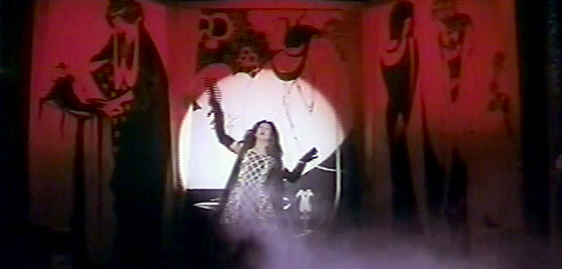 Taking place in the world of organized crime, Kinji Fukasaku's Black LIzard tells the story of a cunning female jewel thief known as Black Lizard, the most feared of her kind. Black Lizard has set her sites on her next prize, the 'Star of Egypt' diamond, owned by an extremely wealthy jeweler. In order to get the diamond, Black Lizard designs a well-crafted plan that entails kidnapping the jeweler's daughter, Sanaye, and demanding the 'Star of Egypt' in exhange. Unfortunately for The Black Lizard, the jeweler has hired Japan's number one detective, the brilliant Akechi, in an attempt to protect himself from her cunning plan. This sets off a dual of minds between Black Lizard and Aketchi, each mercifully trying to outwit the other. Known almost exclusively for his yakuza films, Black Lizard offers a departure for Kenji Fukasaku, being a campy action film that really defies genre description. Black Lizard is a cat and mouse film on acid, centered around the relationship that develops between two powerful adversaries. Romanticizing these two brilliant people, Fukasaku shows the mutual respect between both The Black LIzard and Akechi, which slowly turns into affection. In a strange way, Black Lizard is a film that brilliantly and subversively captures the feeling of love, with two characters, particularly The Black Lizard, who begins to weaken under the weight of her own heart. While somewhat a departure for Fukasaku in terms of tone, Black Lizard maintains the stylish, kinetic energy one is accustomed to seeing from the filmmaker. A subversive, campy story that explores love and beauty, Kenji Fukasaku's Black Lizard is an extremely fun and entertaining experience. 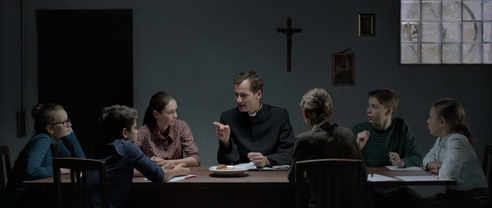 Maria is a 14-year old teenage girl, who is part of a fundamentalist Christian family in the Catholic community. Attending sunday school classes, Maria becomes a devout believer in god, constantly day dreaming of being one of his holy children in heaven. Living in the modern world, Marta struggles to balance her own desires with that of the gospel and her strict religious family. Dietrich Bruggemann's Stations of the Cross is a minimalistic indictment of fundamentalist faith, capturing the emotional damage that can be caused on impressionable young minds who simply want to appease god. Meticulously designed, Stations of the Corss is told in fourteen single shot compositions, with Maria's narrative running parallel to Jesus' own journey that ended in his cruxification. Stations of the Cross captures the danger of preaching 'fire and brimstone' to impressionable minds, with Maria making more and more dangerous sacrifices in an effort to appease the God she worships. Her mother is the main driver of this strict faith, chastizing her daughter for wanting to do even the simplest of things she views satantic, like joining a youth choir that sings jazz. We see the insane amount of internal pressure that is put on Maria, who never feels good enoug for her god, inevitably pushing herself further and further, shatering her own mental state in an attempt to appease her mother's strict guidelines. Maria constantly finds herself torn between her relationship with god and the world around her, forching this young woman to question her own "worthy-ness" with god. What makes Stations of the Cross so fascinating is that while it captures the inherent danger of blind faith it also seems to acknowledge miracles, or at least simply understand it cannot write off them off entirely. Using a static and rigour filmmaking style, Dietrich Bruggemann's Stations of the Cross matches the inflexibility of religion, being a cold, yet poignant study of radicalistic religion. 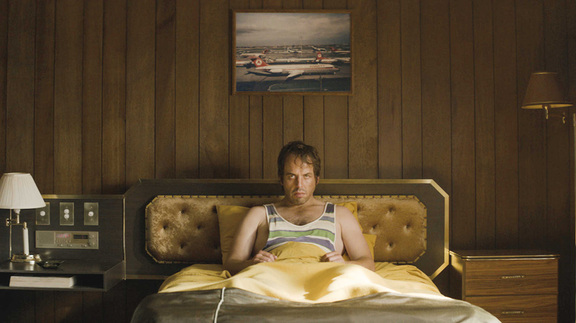 Based on a strange true story, Tony Mahony and Angus Sampson's The Mule follows Ray Jenkins, a naive and possibly mentally challenged man who lives at home in the suburbs with his mother and stepdad. Named the clubman of the year by his local football team, Ray is asked by his friend Gavin to accompany him to Bangkok to smuggle heroin. Reluctant, Ray is essentially tricked into smuggling a kilo by swallowing twenty condoms only to be picked up by airport security. Denying an x-ray, the Austrailian police can legally detain him for 7 days, stashing him in a hotel room. The Mule's premise is simple- a man attempts to hold in his feces for seven straight days in an effort to evade the police and the jail time associated with drug smuggling. This film can be downright grotesque at times but The Mule manages to be a funny, black comedy about a man somehow evading not only the police but the drug dealers who themselves want their product back. Ray is a character that it takes awhile to get emotionally invested in, something that hurts the film at first, but this film does become a solid underdog story. A film from Austraiia, The Mule uses the 1983 America's Cup yacht race that saw Australia miractulously steal a victory as a parallel to Ray's miraculous win. A strange "pet project to have", The Mule is a unique black comedy that isn't anything special from a narrative perspective but its bizarre underdog story makes it worth a look.  Nils, a hardworking snow plow driver in Norway, has just been awarded the "Citizen of the Year" Award, for his tireless efforts in keeping the roads driveable in the harsh mountains of Norway. Shortly after receiving the honor Nils receives news that his son has died of a heroin overdose. Unable to believe his son was herion user, Nils begins to dig, soon uncovering evidence that his son's death was actually murder - a victim in a turf war between a local crime boss and the Serbian mafia. Out for vengeance, Nils embarks on a mission of revenge, eventually igniting a full-blown gang war, with the body count continually climbing. Hans Petter Moland's In Order of Disappearance is an extremely entertaining revenge flick thats tone is reminiscient of the Coen's brothers. In Order of Disappearance is a film that beautifully balances its comedy and drama elements, deconstructing both the gangster film and revenge thriller with great success. In Order of Disappearance masterfully juxtaposes extreme violence with black comedy, creating a very satisfying role for Skarsgard, an unstoppable force in this film whose cold, calm determination topples nearly everything in front of him. The revenge aspect of the film is certainly entertaining, watching Skarsgard single-handidly topple a crime syndecote, but the black comedy of the film is what truly makes it a unique treat. Hans Petter Moland takes a narrative that on paper would be somber and injects it with a very playful tone, basically laughing at the absurd death trail that follows Nils on his trail of vengence. The main antagonist alone should make Moland's comedic intentions and playful deconstruction obvious, 'The Count', a pony-tail wearing, vegan eating, asshole of a man whose struggling to manage his divorce and subsequent legal battle for custody of his son, with his growing drug business and relationships with rival gangs. Funny, thrillering, and unique, Moland's In Order of Disappearance delicately balances between comedy, absurdity, poignancy, and violence, creating a diffcult to qualify feature that would make the Coen brothers proud. 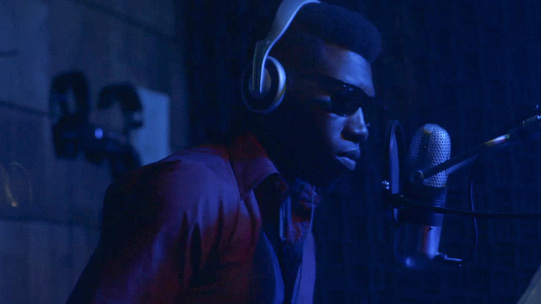 Tim Sutton's Memphis tells the story of a peculiar singer with tremendous talent, who drifts through his adopted city of Memphis searching for a catalyst to help him complete his next piece of artwork. A film that is sure to alienate viewers thanks to its slow-burn, meditative style, Memphis is a poetic exploration of the artistic process, shadowing our quiet, sad-soaked singer as he taps into this soulful city looking for a form of inspiration. Memphis is a hard film to describe, focusing solely on this almost depressed, soul-searching character whose constantly on the edge between lightness and darkness. Perhaps the film's greatest accomplishment doesn't even stem from its dissection of an artist but rather the extradoinary way it envelopes life itself, capturing the ups and downs and strange rythms that make up life around us. Memphis' cinematography really helps to capture this, with beautiful wide shots and compositions that capture the loneliness and isolation of its characters. Tim Sutton's Memphis is a film that personifies the essence of what 'Blues' is all about, offering a poignant portrait of the power of music as a way of healing emotionally hardship. 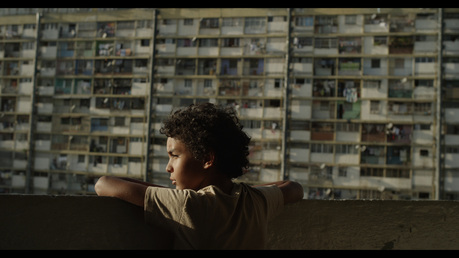 Junior is a nine year old boy living in the slums of Venezeuela with his single mother, Marta. Junior doesn't have the same typical interests as most boys his age, dreaming of being a fashionable pop signer with long, beautiful hair. This infatuation drives his mother crazy, who begins to be fearful that her son may be a homosexual. Mariana Rondon's Bad Hair is a intimate and unique study of young boy living in a culture that refuses to except him. Junior is not cognizant enough to understand his sexual preferences but his mother recognizes the signs, growing increasingly agitated by Junior's fixation with his hair and looks in general. Bad Hair is not an easy film to experience, with Marta being a volatile but sympathetic mother whose trying and failing to make things work. Jobless and a single mother, Marta desperately tries to support Junior and his baby brother, failing far more than she succeeds, with Bad Hair capturing the struggle that life has dealt her. As a matter of fact, Bad Hair is as much a study of urban desolation and decay as it is about homosexuality, displaying a vital portrait of the delapitated high-rise apartments where so many poverty-striken people live. Bad Hair's cinematography is subtlely brilliant, routinely shooting Junior and Marta from low angles, having these large, decaying structures hang over these characters, as a reminder of how restricted they are economically, trapped in this world. The film captures the poverty, dispair, and violence that make up the world of these characters live-in, which is also the main reason why Marta is so terrified on Junior's budding homosexuality. Doing so in a subtle way, Bad Hair slowly reveals Marta's true reasoning for being fearful of Junior's homexuality has nothing to do with morals or religion but instead life itself, fearing for her son's life in a mean-spirited world. Anchored by two impressive lead performances, Bad Hair is a story about characters attempting to find themselves and make peace with what life has given them. 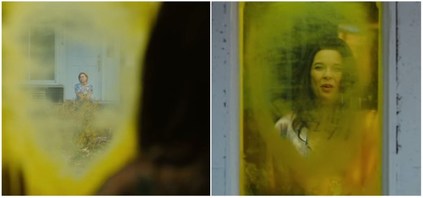 Widowed for the past three years, forty-six year old Diane performs a series of odd jobs in order to make an honest living. Feisty and free-spirited, Diane sees her loner status change when she decides to remove her fifteen year old son, Steve, from imposed institutionalization. Steve was institutionalized due to his attention deficit hyperactivity disorder and violent outbursts, but Diane is compelled to have him come live with her, unable to send him to the more restrictive juvenile detention for rehabilitation. Together, the two attempt to make up for lost time, trying to create a family again, even seeking the aid of Kyla, a peculiar new neighbor who offers to help. Xavier Dolan's Mommy is an emotionally energized film about two deeply flawed individuals attempting to create a family. Focusing on the maternal bond between mother and child, Xavier Dolan creates a powerful examination of family, love, and loss, that captures the raw emotions of its characters better than most films. Both Steve and Diane are rough around the edges, each unable to sort out their own lives, and that dynamic is what makes Mommy so compelling, as Diane and Steve attempt to articulate their own feelings and desires to one and other. They are both deeply wounded individuals who aren't used to being around family, aren't used to love, aren't used to expressing their feelings, and the dynamic of these two characters trying to form a bond is endlessly compelling. Mommy's narrative mirrors its protagonists, presenting an instability to the plight of these two characters, which in turn brings the film to life, delivering what feels like a very organic experience. Dolan's decision to shoot the film in a 1:1 aspect ratio is distracting at first but it soon becomes an important tool in hammering home the film's themes. This tight composition gives the viewer an intimacy with its characters but it also presents their closed off state emotionally, as Steve and Diane both have grown accustomed to being alone. The ratio briefly does change, going full widescreen, representing a sense of freedom felt in its characters who for at least a moment, feel loved and part of a family. An emotionally poignant examination of what it means to call someone family, Xavier Dolan's Mommy is a unique, emotionally energized experience that very much could be his most mature film to date. |
AuthorLove of all things cinema brought me here. Archives
June 2023
|
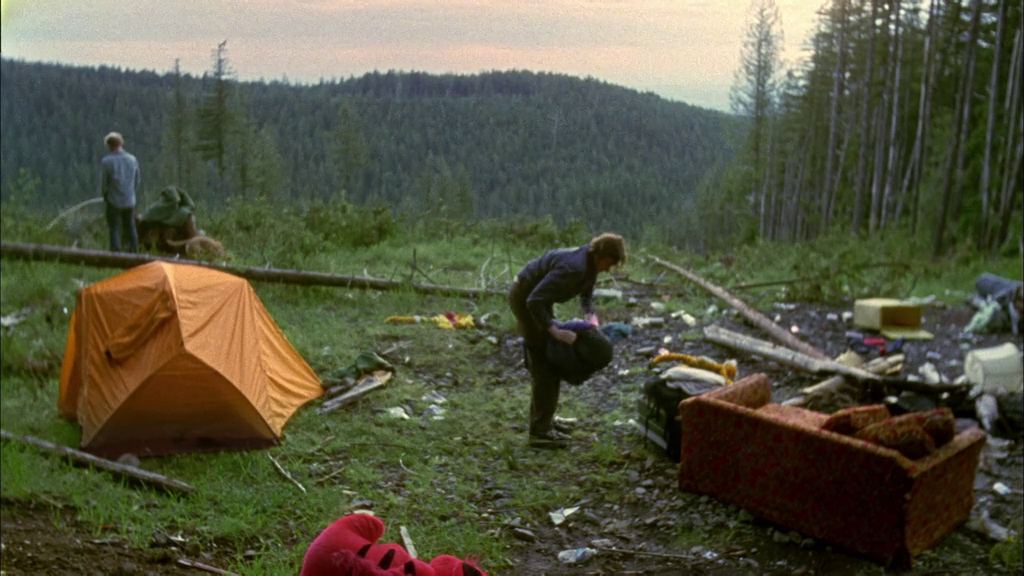
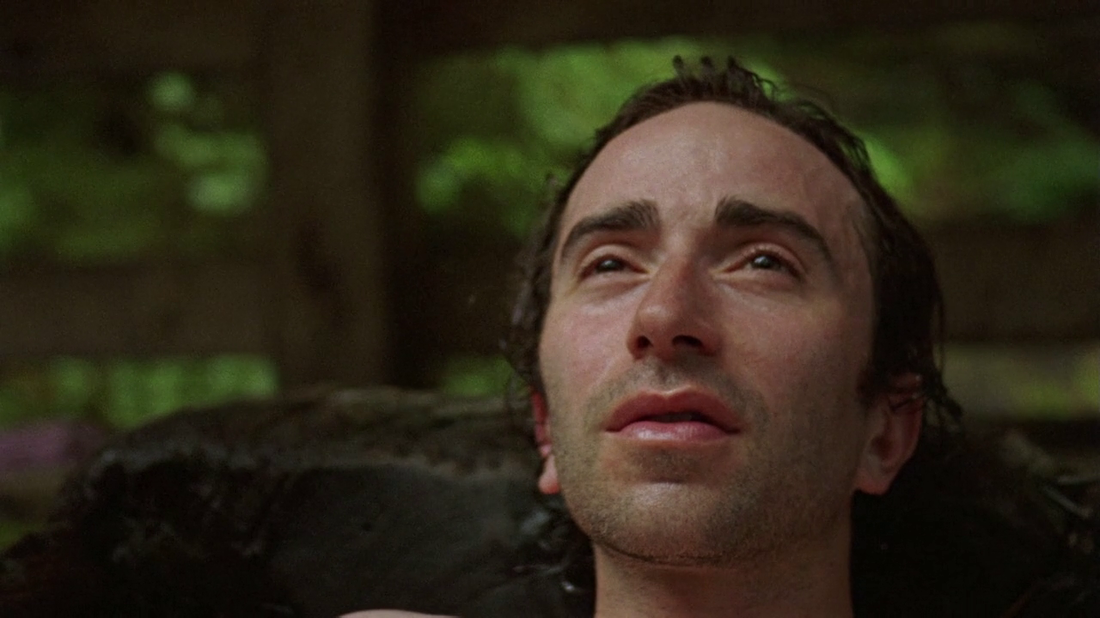
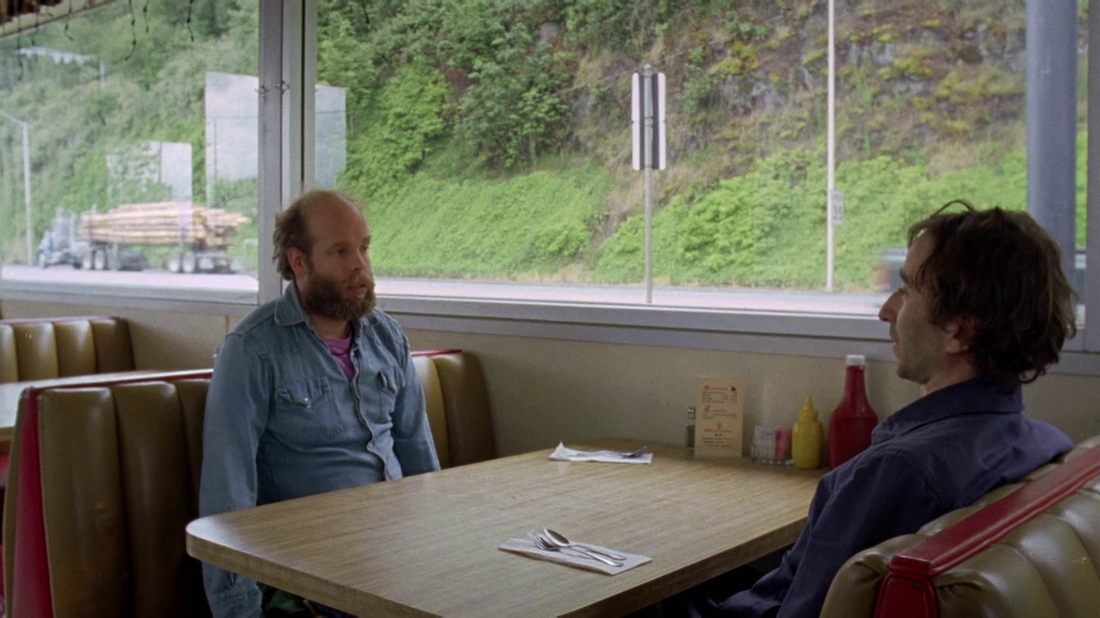
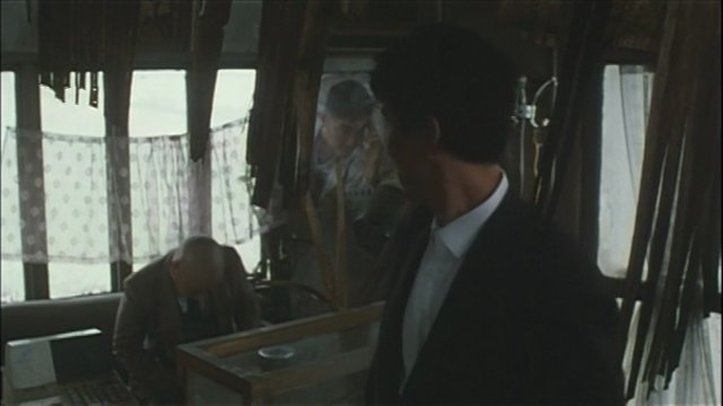
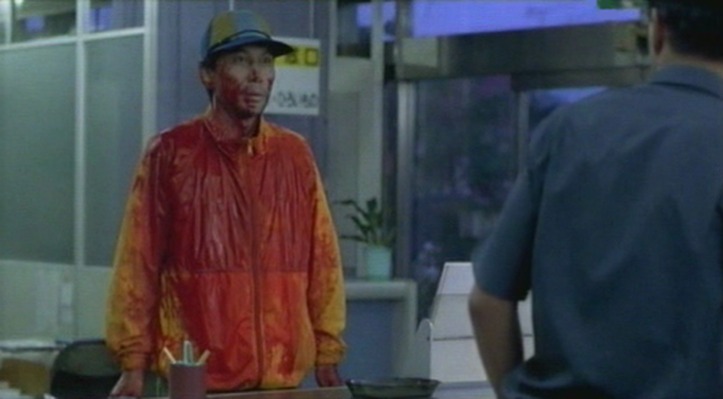
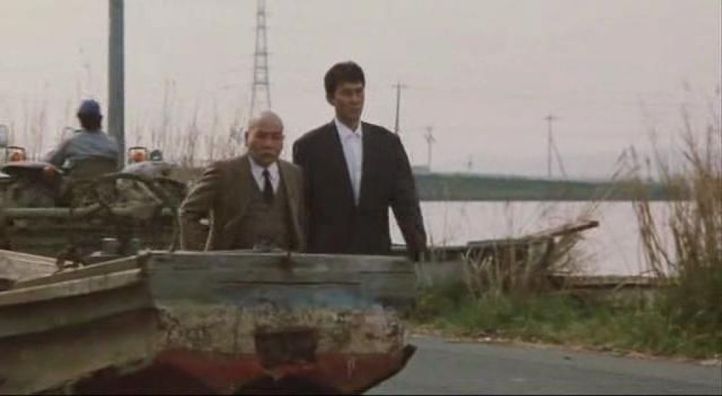
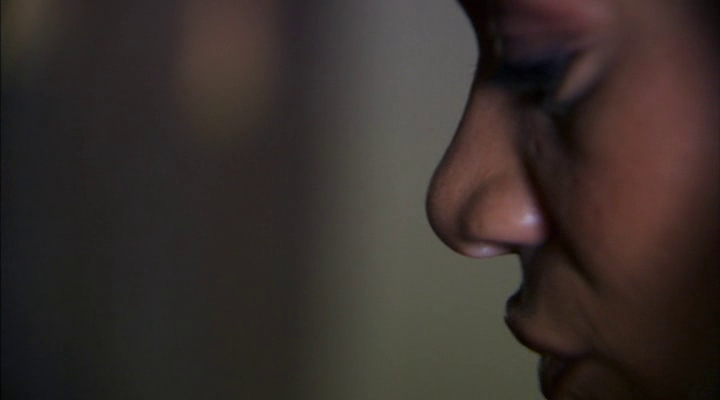
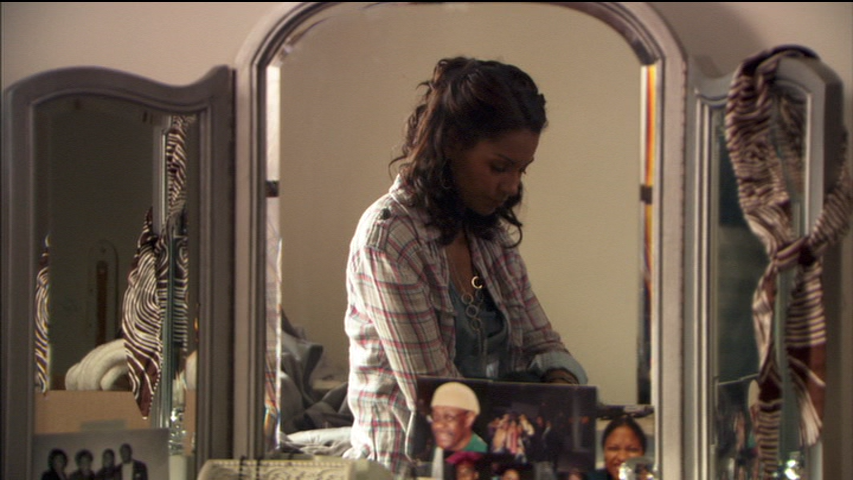
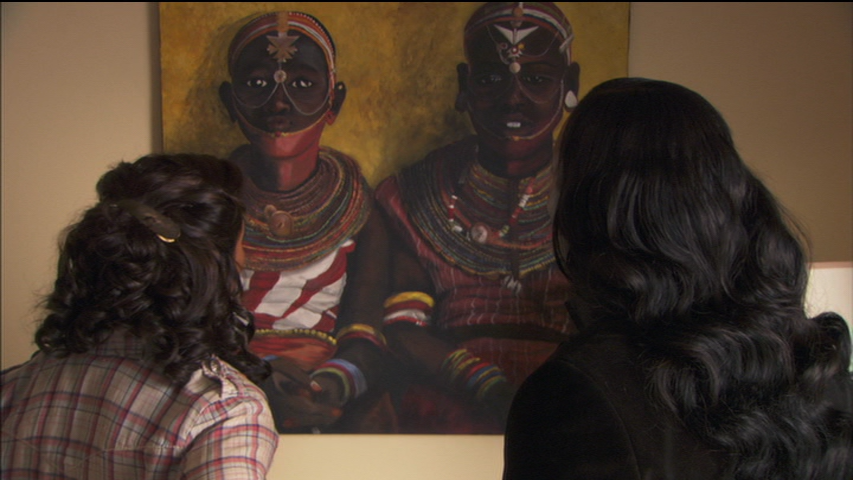
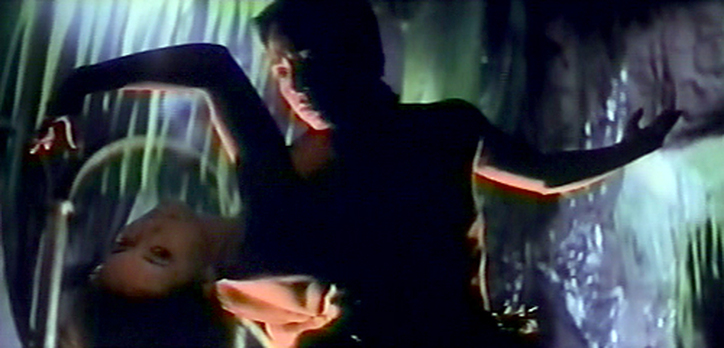
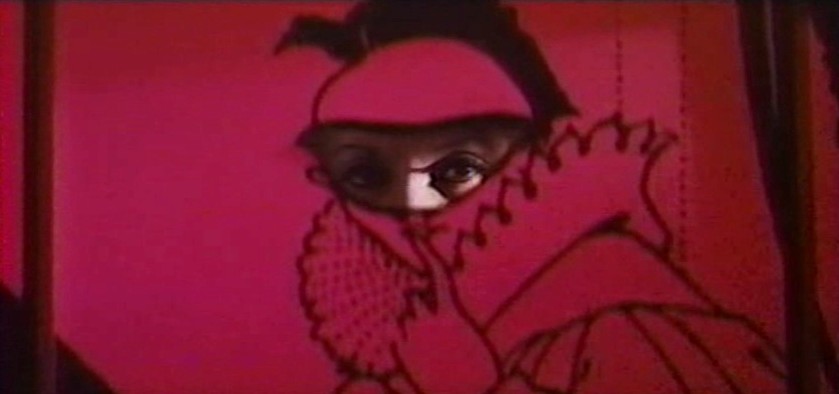
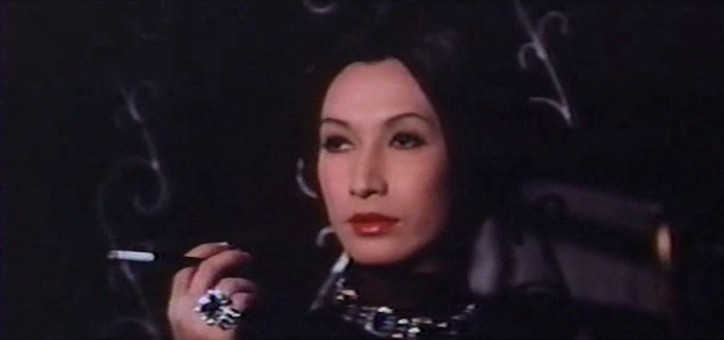
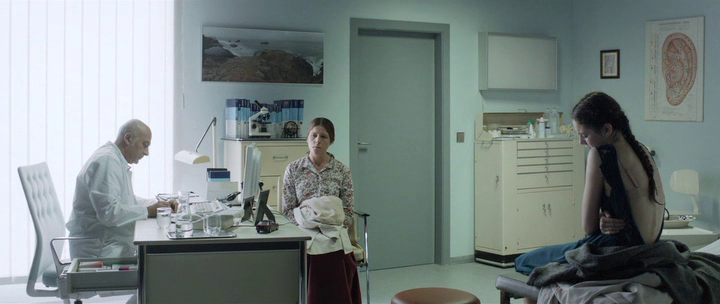
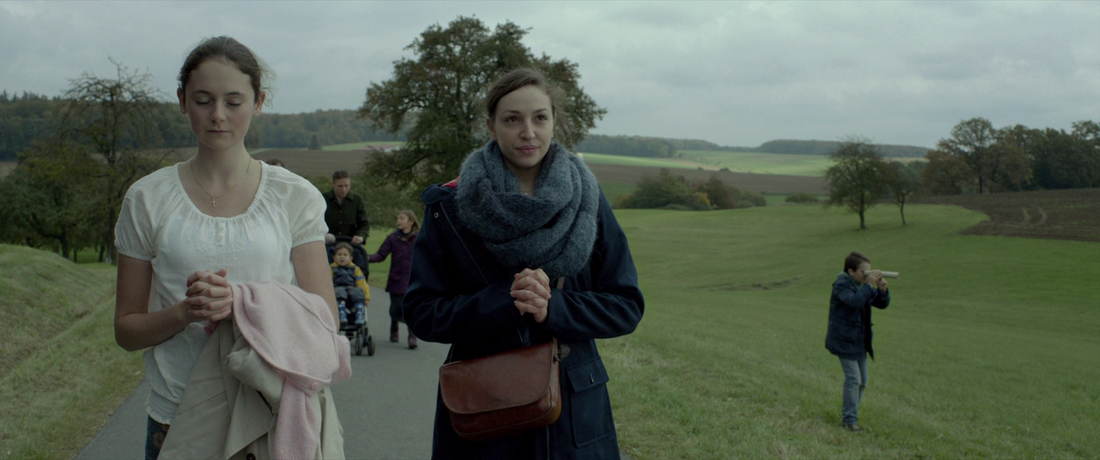
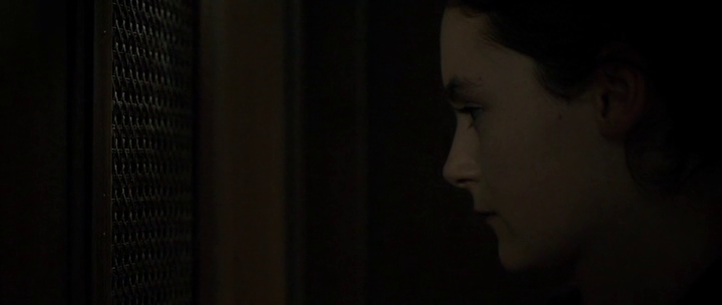
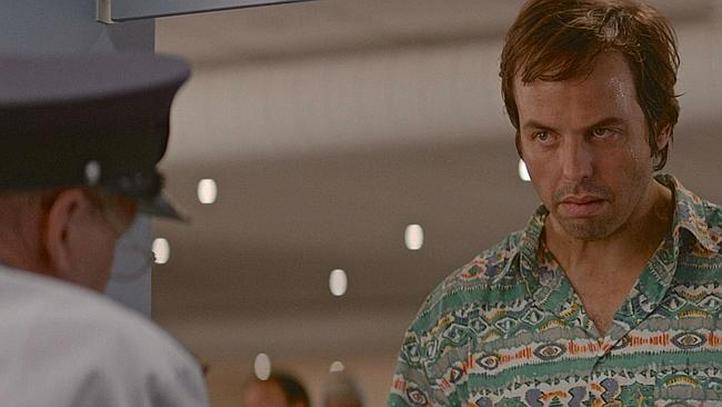
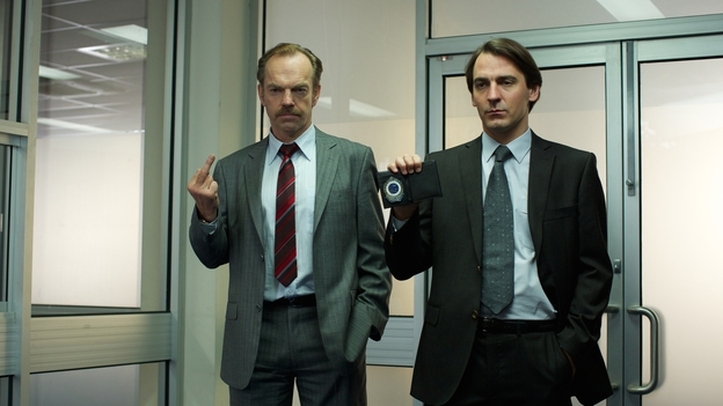
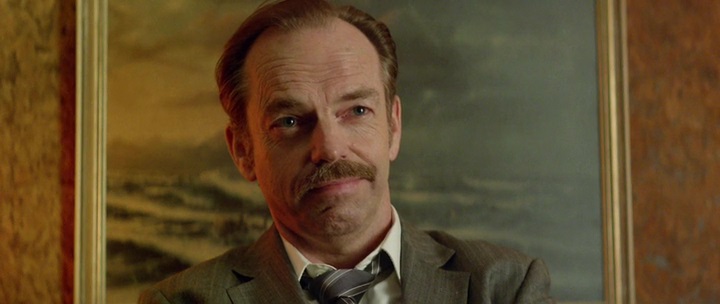
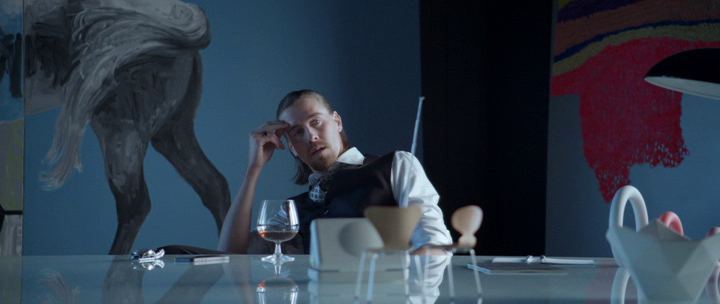

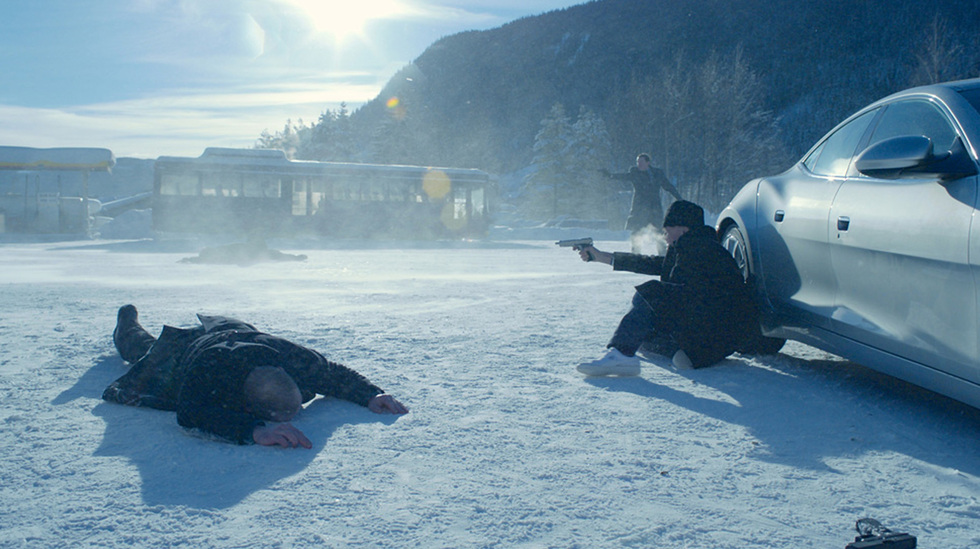
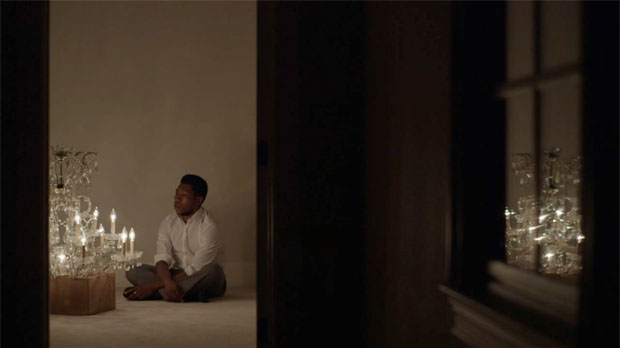
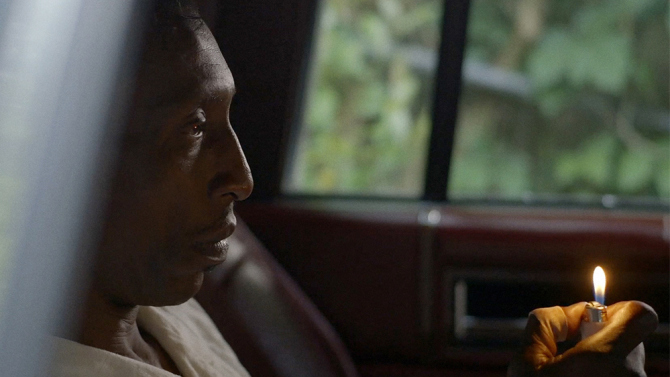
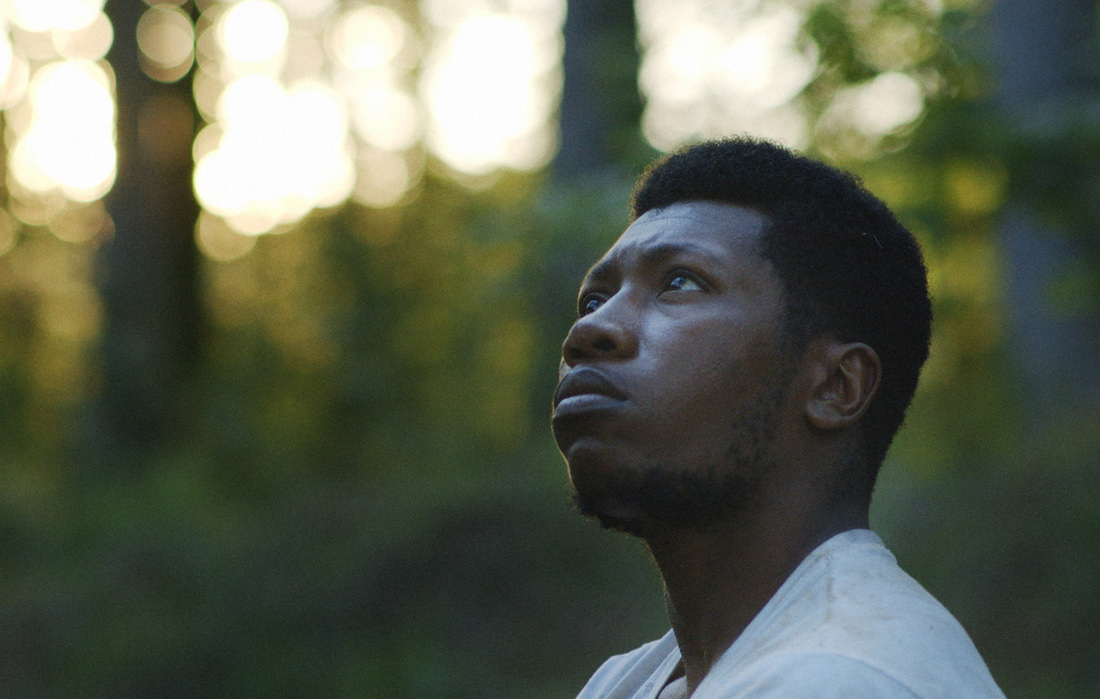
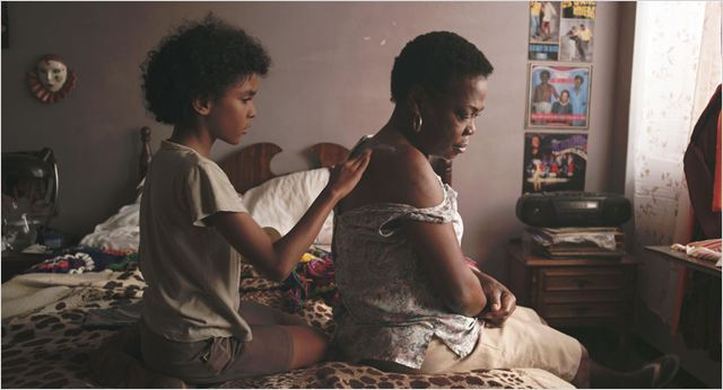


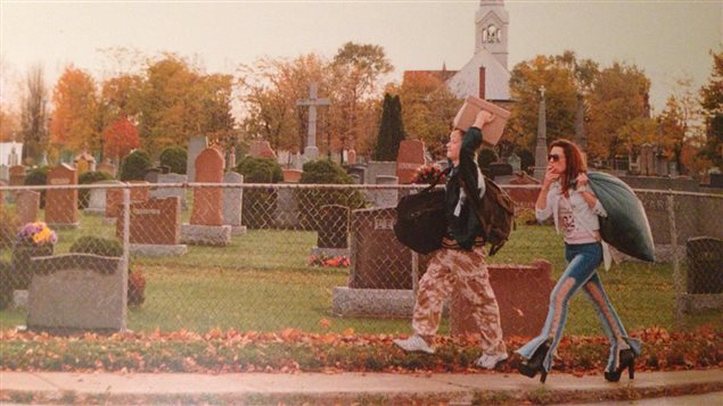
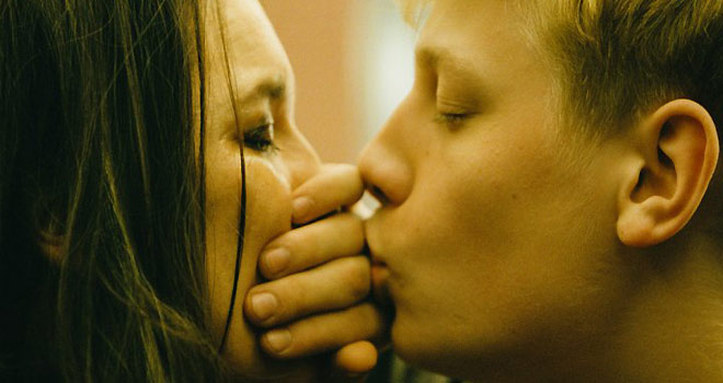
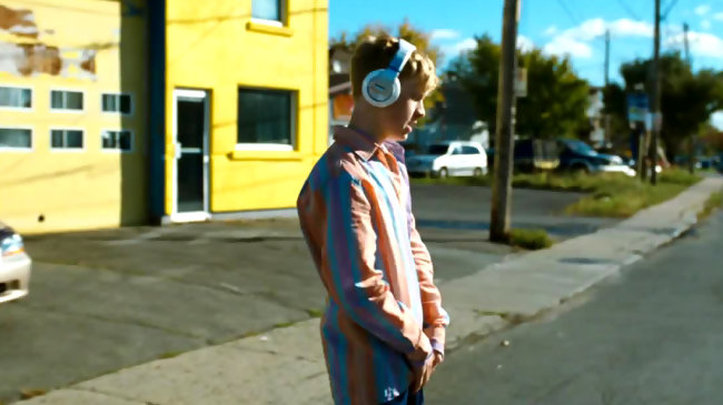
 RSS Feed
RSS Feed
